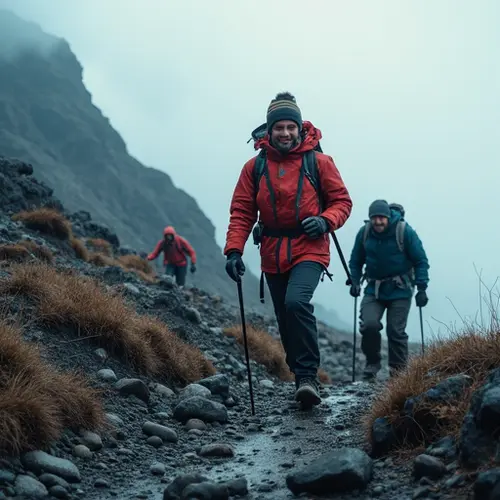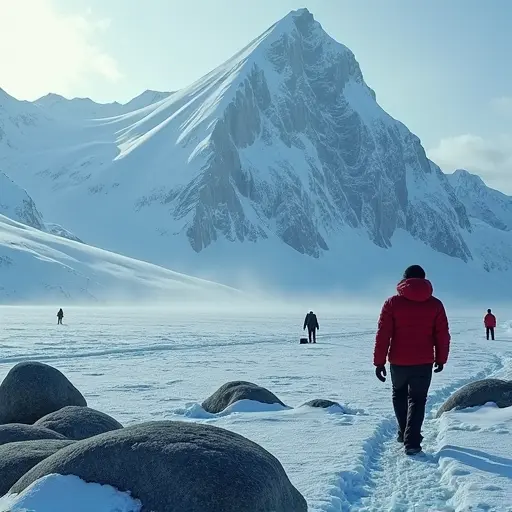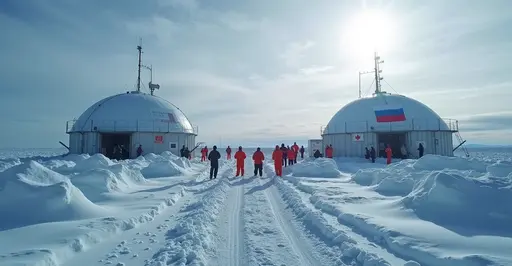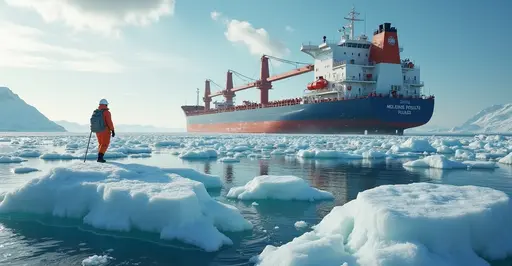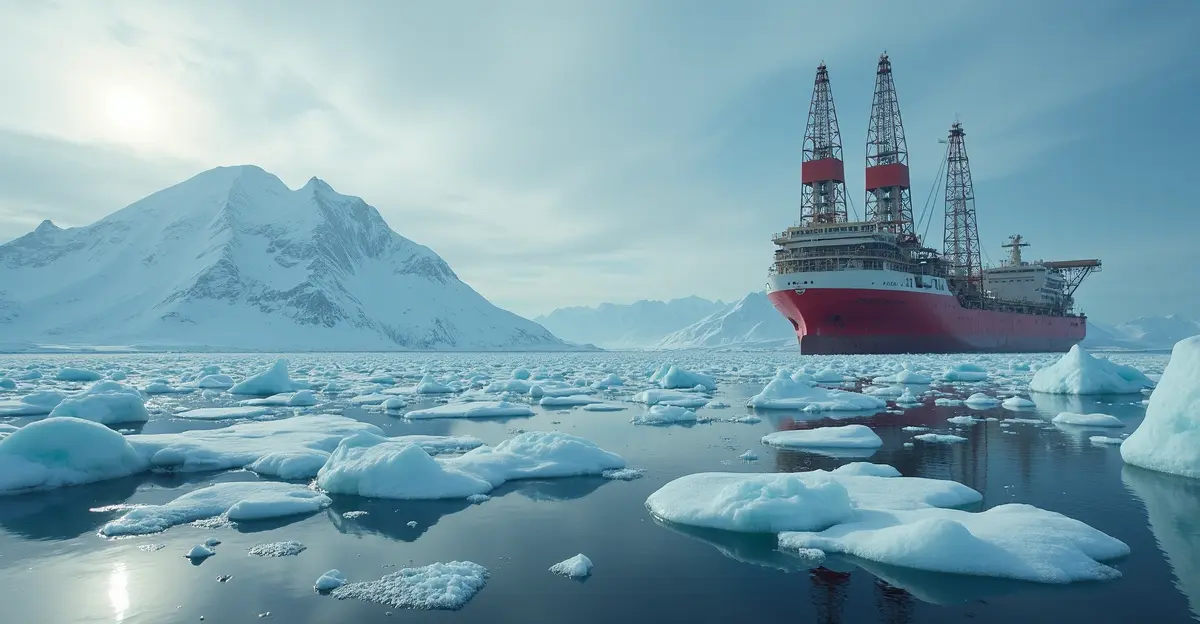
The Great Arctic Resource Dispute
The Arctic region has become the center of a geopolitical tug-of-war as nations scramble to claim sovereignty over vast untapped oil and gas reserves. With climate change rapidly melting sea ice, previously inaccessible areas are opening up for exploration, triggering intense territorial disputes among Arctic nations.
Who's Claiming What?
The eight Arctic Council member states - Canada, Denmark, Finland, Iceland, Norway, Russia, Sweden, and the United States - are all staking claims to various portions of the Arctic seabed. Russia has been particularly aggressive, submitting extensive claims to the United Nations that would give it control over nearly half the Arctic Ocean. Canada and Denmark are disputing ownership of Hans Island, while the US and Canada have unresolved boundary issues in the Beaufort Sea.
Massive Energy Reserves at Stake
According to the US Geological Survey, the Arctic may contain up to 90 billion barrels of undiscovered oil and 1,670 trillion cubic feet of natural gas. This represents about 22% of the world's undiscovered conventional oil and gas resources. The majority of these reserves are believed to lie offshore, under less than 500 meters of water.
Climate Change Paradox
Ironically, the same climate change that's making these resources accessible is also creating environmental concerns. Melting permafrost could release massive amounts of methane, a potent greenhouse gas, while oil spills in the fragile Arctic ecosystem would be devastating and extremely difficult to clean up.
Legal Framework and Challenges
The United Nations Convention on the Law of the Sea (UNCLOS) provides the legal framework for these claims, but the US hasn't ratified it, putting it at a disadvantage. Countries must prove their continental shelves extend beyond the standard 200-nautical-mile exclusive economic zones to claim additional territory.
Military Buildup and Tensions
The resource race has led to increased military presence in the region. Russia has been rebuilding Soviet-era military bases, while NATO members are conducting more frequent exercises. The situation remains tense but largely peaceful, with most disputes being handled through diplomatic channels.
As the ice continues to melt, the Arctic resource dispute is likely to intensify, testing international cooperation and environmental stewardship in one of the world's last frontiers.

 Nederlands
Nederlands English
English Français
Français Deutsch
Deutsch Español
Español Português
Português



